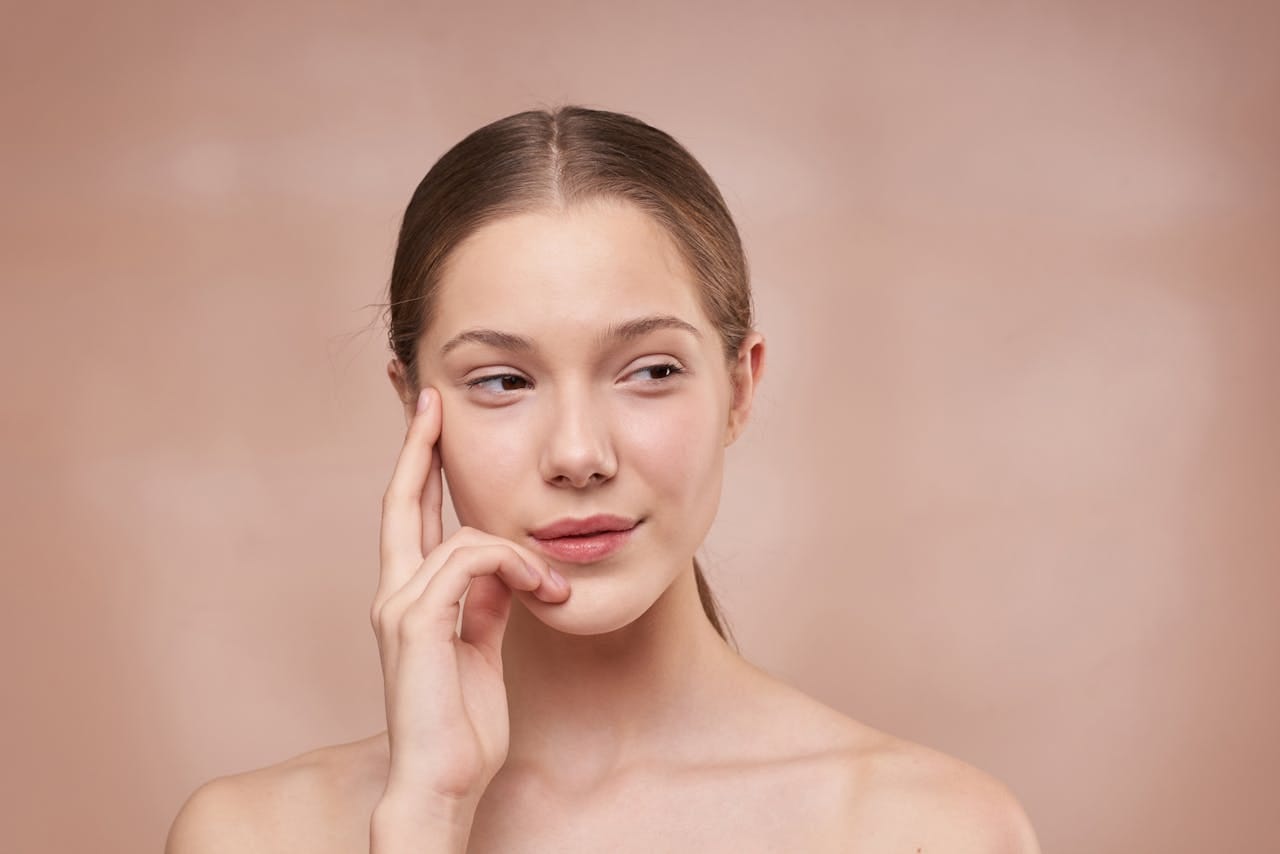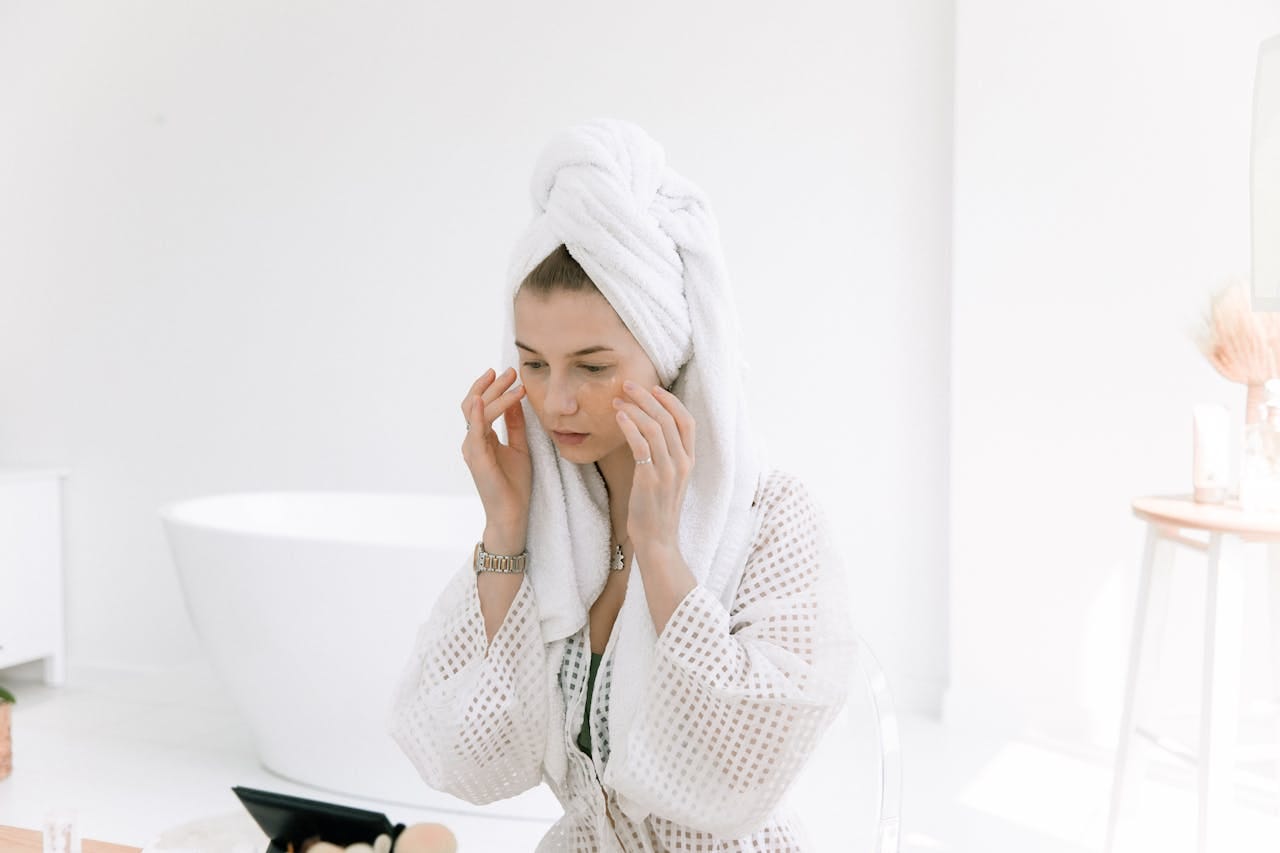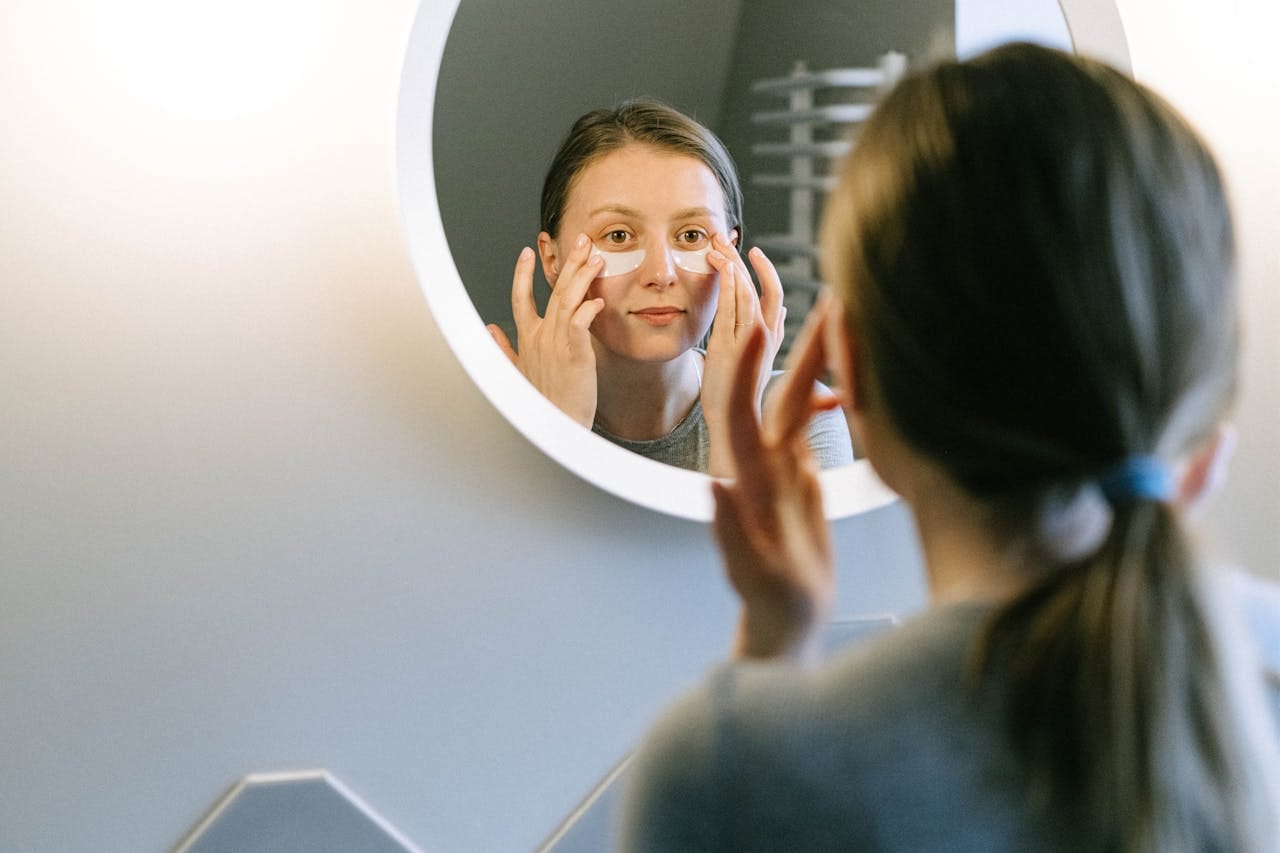The Impact of Anti-Aging Moisturizer on Human Health and Skin Health
Introduction
As we age, our skin starts to show signs of wear and tear. Fine lines, wrinkles, and age spots become more prominent, making us look older than we feel. This is where anti-aging moisturizers come in. These products claim to reverse the signs of aging and give us a more youthful appearance. But are they really effective? And more importantly, are they safe for our health? In this article, we will explore the impact of anti-aging moisturizer on human health and skin health.
What is Anti-Aging Moisturizer?
Anti-aging moisturizer is a skincare product that is specifically designed to target the signs of aging. It is usually applied to the face and neck area and is meant to be used daily. These products claim to reduce the appearance of fine lines and wrinkles, improve skin texture and tone, and give the skin a more youthful and radiant look.
The Ingredients and Their Effects on Human Health:
The effectiveness of anti-aging moisturizers largely depends on the ingredients used. Some common ingredients found in these products and their effects on human health are:
Retinol:
Retinol is a form of Vitamin A that is commonly used in anti-aging products. It is known for its ability to increase cell turnover, which can help reduce the appearance of fine lines and wrinkles. However, retinol can also cause skin irritation, redness, and peeling, especially for those with sensitive skin.
Hyaluronic Acid:
Hyaluronic acid is a naturally occurring substance in our bodies that helps keep our skin hydrated and plump. It is often used in anti-aging moisturizers for its ability to retain moisture and improve skin elasticity. However, some studies have shown that high concentrations of hyaluronic acid can cause inflammation and damage to the skin.
Vitamin C:
Vitamin C is a powerful antioxidant that is commonly used in anti-aging products. It can help brighten the skin, reduce the appearance of dark spots, and protect the skin from free radical damage. However, some people may experience skin irritation and redness when using high concentrations of Vitamin C.
Collagen:
Collagen is a protein that is naturally found in our skin and is responsible for its elasticity and firmness. As we age, our collagen production decreases, leading to sagging skin and wrinkles. Anti-aging moisturizers often contain collagen to help improve skin elasticity and reduce the signs of aging. However, there is limited scientific evidence to support the effectiveness of topical collagen in reducing wrinkles.
The Impact on Skin Health:
Apart from targeting the signs of aging, anti-aging moisturizers also claim to improve overall skin health. Some of the benefits of using these products include:
Hydration:
As we age, our skin tends to become drier, making it more prone to wrinkles and fine lines. Anti-aging moisturizers contain ingredients that help hydrate the skin, making it look plump and youthful.
Wrinkle Reduction:
The main purpose of anti-aging moisturizers is to reduce the appearance of wrinkles and fine lines. With regular use, these products can help improve skin texture and make wrinkles less noticeable.
Brightening:
Some anti-aging moisturizers contain ingredients that can help brighten the skin and reduce the appearance of dark spots and hyperpigmentation. This can give the skin a more youthful and radiant look.
Sun Protection:
Many anti-aging moisturizers also contain SPF, which can protect the skin from the harmful effects of the sun. This is important as sun exposure is one of the leading causes of premature aging.
The Importance of Choosing a Safe and Effective Product:
When it comes to anti-aging moisturizers, it is important to choose a product that is both safe and effective. Look for products that contain natural and organic ingredients, as these are less likely to cause skin irritation. It is also important to do a patch test before using a new product to ensure that it is suitable for your skin.
Conclusion:
Anti-aging moisturizers can be a great addition to your skincare routine, but it is important to choose a product that is safe and effective. Look for products that contain natural and organic ingredients and always do a patch test before using a new product.
Friendly reminder from Biosafe Supplements: Remember, aging is a natural process, and while these products can help improve the appearance of our skin, it is important to embrace our age and take care of our overall health and well-being.
FAQs:
Are anti-aging moisturizers safe for all skin types?
Anti-aging moisturizers may not be suitable for all skin types, especially for those with sensitive skin. It is important to do a patch test before using a new product to ensure that it is safe for your skin.
Can anti-aging moisturizers reverse the signs of aging?
While anti-aging moisturizers can help improve the appearance of fine lines and wrinkles, they cannot reverse the signs of aging completely. Aging is a natural process, and these products can only help to a certain extent.
How often should I use an anti-aging moisturizer?
It is recommended to use anti-aging moisturizers daily, preferably in the morning and at night. However, it is important to follow the instructions on the product and not overuse it.
Can I use anti-aging moisturizer if I have sensitive skin?
If you have sensitive skin, it is important to choose an anti-aging moisturizer that is suitable for your skin type. Look for products that contain natural and organic ingredients and do a patch test before using it.
Are there any natural alternatives to anti-aging moisturizers?
Yes, there are natural alternatives to anti-aging moisturizers such as using natural oils like coconut oil or argan oil, or incorporating antioxidant-rich foods into your diet. However, it is important to consult with a dermatologist before trying any new skincare routine.
































































